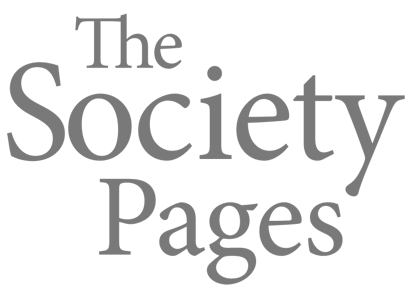Ten years ago University of Minnesota sociologists conducted research showing that, among a long list of racial and religious minority groups, atheists were the most disliked group of people in the United States. Last month they followed up with new research that shows that Americans still have negative opinions of atheists and the non-religious–and now they have a good theory about why that is.
Their findings are available online in the article “Atheists and Other Cultural Outsiders: Moral Boundaries and the Non-Religious in the United States” (Social Forces). The research team comprises Department of Sociology professors Penny Edgell, Douglas Hartmann, and Joseph Gerteis and graduate student Evan Stewart.
Survey data collected in 2014 shows that, compared to data collected in 2003, Americans have sharpened their negative views of atheists, despite an increase in people identifying as non-religious and an increase in public discussion of non-belief.
The findings of this most recent survey support the argument that atheists are persistent cultural outsiders in the United States because they are perceived to have rejected cultural values and practices understood as essential to private morality, civic virtue, and national identity. Moreover, any refusal to embrace a religious identity of any type is troubling for a large portion of Americans.
Forty percent of Americans view the non-religious–atheist, agnostic, no-religion, and spiritual-but-not-religious–as problematic, even though 33 percent of the survey respondents identify with those categories.
By the numbers, researchers found that:
- 40% of Americans disapprove of non-religion
- 33% of respondents fall into a broad “religious nones” category: 3.8% as atheist, 3.5% as agnostic, 7.1 % as “spiritual but not religious,” and 18.5% as “nothing in particular.”
- 27% of Americans say that atheists “don’t share my morals or values.”
Comparing the “religious nones,” respondents had less negative views of people who say they have no religion, and feel more positively about those who are “spiritual but not religious.”
These attitudes are strongly driven by a belief that religiosity is central for civic virtue, that societal standards of right and wrong should be rooted in historic religious traditions, and that Christianity underpins American identity.
Some measures of the respondents’ attitudes show that Muslim-Americans are as distrusted, and in some cases more distrusted, than the non-religious. Analysis of these attitudes will be the subject of another paper by the same research team forthcoming later in 2016.
“There are no mainstream, cultural expressions or depictions, on television for example, to present atheism to the general public,” says Edgell. “It’s only in the last decade that a secular coalition of American atheist and non-religion organizations have gotten together. I expect that in the near future we’ll see more effort on their part to change perceptions and lobby to change policy,” regarding the role of religion in everyday life.
The survey was conducted by GFK Group, with just over 2,500 people participating.

